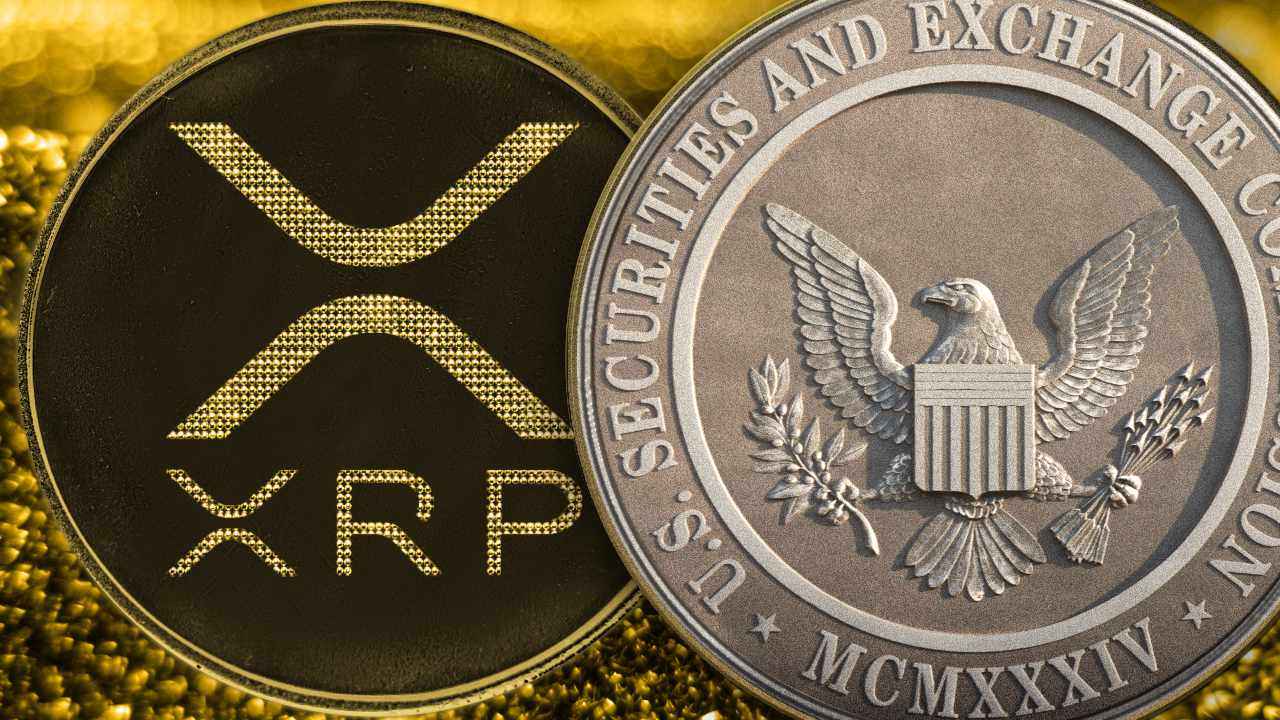|
Getting your Trinity Audio player ready...
|
In a pivotal moment for Ripple and the broader cryptocurrency industry, Ripple’s Chief Legal Officer, Stuart Alderoty, declared on X that “Ripple’s case is over.” This bold statement comes after the United States District Court for the Southern District of New York (SDNY) delivered its final verdict on Ripple’s long-standing legal struggle with the Securities and Exchange Commission (SEC).
Court Delivers Final Judgment – A New Chapter for Ripple
On August 7, Judge Analisa Torres issued the highly anticipated final judgment in the Ripple-SEC lawsuit. The court’s ruling not only resolved the legal uncertainty surrounding Ripple’s use of XRP but also significantly altered the landscape of cryptocurrency regulation. The SEC’s initial proposal for a staggering $2 billion fine was dramatically reduced to $125 million. Additionally, the court imposed an injunction on Ripple’s sales of XRP to U.S.-based institutional clients, marking a significant shift in the regulatory environment for crypto assets.
Despite the ruling, speculation persists about potential appeals from both Ripple and the SEC. However, Alderoty’s assertion that the lawsuit is over underscores Ripple’s belief that the case has reached its conclusion. This development could pave the way for Ripple to move forward without the looming threat of further legal entanglements.
Ripple’s Fair Notice Defense – Implications for the Industry
One of the key elements of Ripple’s defense was the “fair notice” argument. Alderoty highlighted that while the lawsuit may be over, the principles of fair notice remain crucial for other companies facing SEC scrutiny. The fair notice defense argues that the SEC failed to provide adequate warning that certain crypto assets, such as XRP, could be classified as securities.
The SEC’s defense, citing its 2017 DAO report, claimed that certain crypto assets were subject to U.S. securities laws. However, seven years later, the SEC admitted to a federal judge that its term “crypto asset securities” had caused confusion. This apology was made in the context of the Binance lawsuit and was part of the SEC’s amended motion. The SEC clarified that “crypto asset securities” is a shorthand term that refers to the expectations and contracts surrounding the distribution and sale of tokens, rather than an inherent security status.
SEC’s Contradictions and Ripple’s Triumph
The SEC’s admission of confusion over its own terminology has fueled criticism and highlighted inconsistencies within the agency’s regulatory approach. Alderoty didn’t mince words, describing the SEC as a “pretzel of contradictions.” This criticism reflects growing frustration with the SEC’s evolving stance on cryptocurrency regulation, which has often left industry participants grappling with unclear and shifting rules.
Also Read: Ripple Sells $85.5M In XRP – September’s First Sale Boosts Price Recovery To $0.568
As Ripple and the broader crypto community digest the implications of this verdict, it’s clear that the end of this lawsuit marks a significant milestone. For Ripple, it represents a chance to move forward and potentially set a precedent for how other crypto firms navigate regulatory challenges. For the SEC, it’s a moment to reassess its approach and address the criticisms that have emerged from this high-profile case.
As the dust settles, industry observers will be watching closely to see how this resolution impacts future regulatory actions and the ongoing evolution of the cryptocurrency landscape.
Disclaimer: The information in this article is for general purposes only and does not constitute financial advice. The author’s views are personal and may not reflect the views of Chain Affairs. Before making any investment decisions, you should always conduct your own research. Chain Affairs is not responsible for any financial losses.
I’m a crypto enthusiast with a background in finance. I’m fascinated by the potential of crypto to disrupt traditional financial systems. I’m always on the lookout for new and innovative projects in the space. I believe that crypto has the potential to create a more equitable and inclusive financial system.




